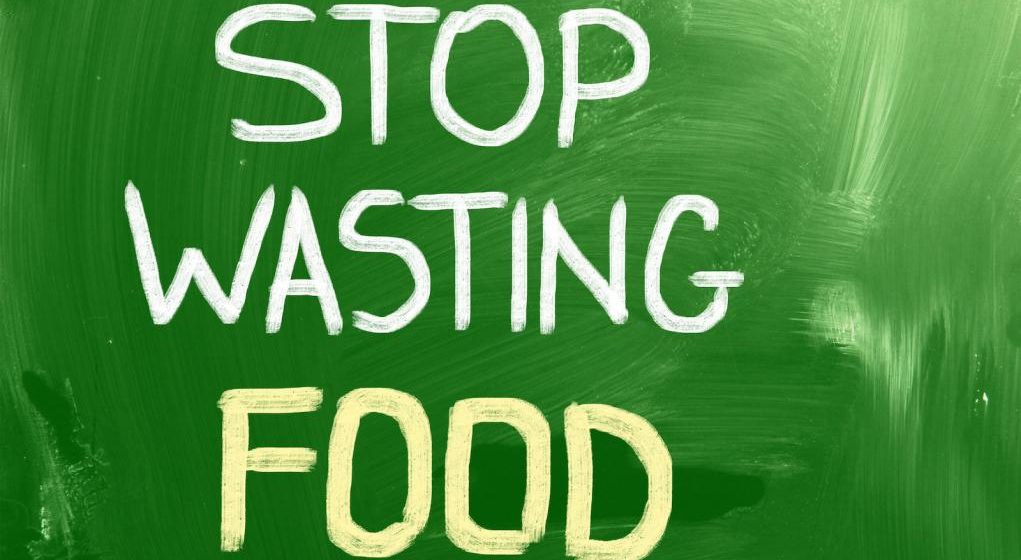Food waste in the United States is a terrible dilemma. A lot of food goes to waste, which amounts to 50% of what Americans consume. The wasted food is worth billions of dollars and is enough for millions of people each year. The problem is equally hurting our environment and us.
The issue
This is a lot of calories every year. Mr. Roni Neff program director at the Bloomberg School of Public Health’s Center for a Livable Future gives a visual description of the food wasted, saying that it amounts to a football stadium filled to the brim. It falls on Americans to educate and make themselves aware of this blight on American culture and habits. We need to take it upon ourselves to press the issue in our personal lives and at a national level.
Consumers
This is also an issue not completely unheard of, but the fact that it is equal to epidemic levels demands that it be escalated to the political stage to the hands of policy makers. The American people have to face a harsh reality here that the amount of food wasted is from their fridge. Numbers from the EPA say that the average American household (of four) wastes as much as $1,600 of food every year. Food purchasing patterns are not fitting with consumption patterns and the food that has gone to waste just should not be bought. This is a fairly simple task for most American to curtail on their food spending by how much goes to the fridge and is not picked up after that and consuming leftovers should come first.
Producers
Another issue Americans have to realize is that some of the food they are throwing just has not gone bad. Reports show that the industry has to take its share of the blame as expiry labels are leading to early disposal of food. There exists an unfortunate culture of perfection, that food that develops blemishes (that do not affect freshness or quality) is simply not fit for consumption. This side of the issue is more prevalent among food producers than consumers. The ‘cosmetic’ standards set upon the industry are extremely unrealistic.
Action
Since the issue is not a new one it’s already gotten some scrutiny and the federal government has made goals to cut waste by 50% by 2030. Everyone needs to jump on board for this one, as there is learning involved as well. Studies have shown that most American consumers feel that they are not responsible for food waste.
Conclusion
There you have it, we hope this blog post proves to be an informative one and helps shift your consumption in life. Also we hope you have gotten an idea of the very ‘undesirable’ standards of the food industry that the food waste is an economical issue and addressing the issue returns in dividends that spreads as far as food for the impoverished and the sustainability of our environment.
Image link



